My Body, My Words
On the hottest night in the history of Los Angeles, I am crammed into a small piano bar, sweat dripping down the back of my thigh. Drinks are flowing and the audience’s laughter is rowdy and loud. Singer/songwriter Dorian Wood competes with the noise on an electric keyboard that loses connection to the speakers in the middle of his performance. He rises, with out losing concentration or voice, waves off the organizers of the event who run to fix the speakers—with a single motion of his hand—and slowly begins to walk to the center of the room, peeling off clothes, still singing until he is left completely bare/exposed. The laughter and conversations stop and there is silence, complete silence, except for the haunting voice of Dorian, pulled from somewhere deep inside, somewhere ancient, ancestral, too far back for any of us to remember and yet we recognize it, feel it in our own bodies. When the sound system fails and there are no lights, we are left with the human body, breath and voice. In this moment made bare it is all that is needed.
If theatre is necessary—it must actively fight against systems that dehumanize and criminalize and it must do so by doing work that is necessary, pulled from somewhere deep inside, too far back for any of us to remember and yet we recognize it, feel it in our own bodies when we see it, when we hear it.
My body, my words, my only weapon in a war that I believe is being waged on culture, on memory, on history. The current debates about whether or not theatre is necessary, is it or is it not dying, how do we financially sustain it—bear no importance in that moment of ceremony on the hottest night in the history of Los Angeles because what is often left out of that conversation concerning the “field of theatre” is the Art itself.
My earliest memory of theatre was learned at my grandmother’s kitchen table. Mexicans, after all, tell the best stories—the perfect combination of tragedia mixed with humor, fully enacted. I didn’t grow up in the theatre, watching or reading plays but I did grow up in a community that valued stories, storytelling, and ceremony; a community that taught me the importance of collaboration, interdependence, and self-actualization.
The daughter of a working-class white father from Goshen, Indiana, my mother a Chinese-Mexican immigrant, I grew up outside of rigid definitions of identity and inside an inherently complicated negotiation of culture, race, class, gender and sexuality. My immediate family was multi-ethnic and multi-lingual. Border crossing, fierce bilingualism, and the search/longing for home/place are tropes that inform the very aesthetics of my work and the collaborations I choose.
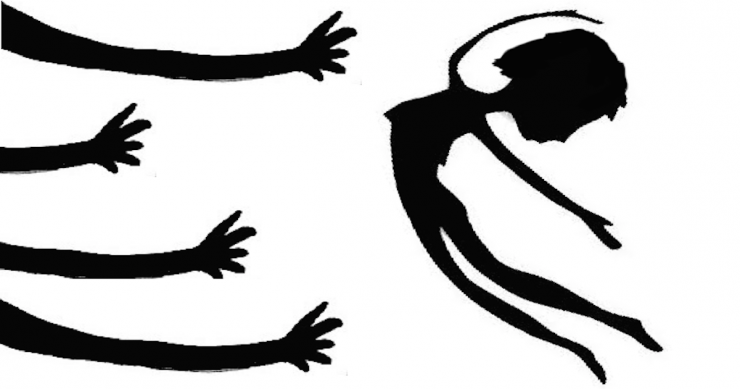
Just three hours from the border, I spent much of my childhood at my grandmother’s house in Monterrey. We always arrived at her house late at night. A single light bulb hangs from the ceiling in the kitchen. Andres, who we called tío, was family but he was not related to us by blood. He traveled from China to Mexico with my grandfather and continued to live with my grandmother even after my grandfather died. Andres begins cooking, serves me coffee, pan and eggs that stick to my stomach, keeping me from ever feeling hungry. I am five. Everyone is talking at the same time, mostly in Spanish which I barely understand, so I sit quietly eating, trying to listen to the overlapping voices and the stories as they unfold.
Andres and my grandfather were merchants. They sold fruits and vegetables in the Mercado Colón. After my grandfather died, my uncle left the business but not after helping several of the men who worked for him start businesses of their own. Because of this, Andres always had an endless supply of groceries. I remember going with him to the market to pick up boxes of fresh fruits and vegetables. We would come home and he would give some of those groceries away to the neighbors. I asked him about it once and he responded by saying, nadie va a tener hambre aquí. He often created relationships based on giving, outside of capitalist models of monetary exchange. My grandmother’s kitchen door was always open.
As a child, I learned that we survived by making sure that no one went hungry. A scarcity of resources is created by institutions. Too often we begin from a place of what we don’t have, instead of looking at what we have and how to use our resources to help not only ourselves, but each other. My first year out of graduate school, I received a Jerome Fellowship from the Playwrights’ Center and lived in Minneapolis. Laurie Carlos who I call my art auntie is family though we are not related by blood. She invited me into her house, gave me a place to stay so that I could focus on my work. Leaving school with huge debt, I lived under extreme financial anxiety as I learned how to make a living as a working artist. One night, as she made salmon croquettes she said to me, “You will always have something to eat and a roof over your head. You have done the groundwork to make that happen and one day you will do this for someone else.”
I would not be an artist if it weren’t for the work of the women and the poets that came before me—the bulldagger dykes, the cockroach poet, and the colored girls. They held open the door of the theatre for me. I was a high school teacher increasingly frustrated by the ways in which students’ voices were being silenced and marginalized in an attempt to standardize education. Art became the means for students to challenge the gray halls of the public school system, a way for them to claim voice and power. As a teacher, I valued that and made art/creative expression an integral part of my teaching practice though I did not consider myself an artist at the time. In 1998, I worked collaboratively with a local arts organization to implement a series of writing workshops both in my school and in the juvenile detention center. In this program, I met a twelve-year-old who was functionally illiterate. One of the poets asked me to work with him one-on-one. For two weeks, I would listen as he told me the story he wanted to tell. I wrote the story as it was dictated to me each day. Every night the young man would return to his cell. With the help of his cellmate, he would memorize what he had written that day. At the end of the program, he performed his story with the rest of the students. The night before the reading he asked me “What about you Miss? What story are you going to tell tomorrow?” That night I went home and wrote him a poem. My very first performance was in the juvenile correction system in Austin, Texas. You see, I still believe in the idea of freedom—not as rhetoric but as personal emancipation achieved through claiming agency, voice and autonomy. I believe in the power of telling our stories, that memory is in fact a political act and that valuing our stories teaches us that we are necessary in this world—that what we say, dream, believe matters.
A scarcity of resources is created by institutions. Too often we begin from a place of what we don’t have, instead of looking at what we have and how to use our resources to help not only ourselves, but each other.
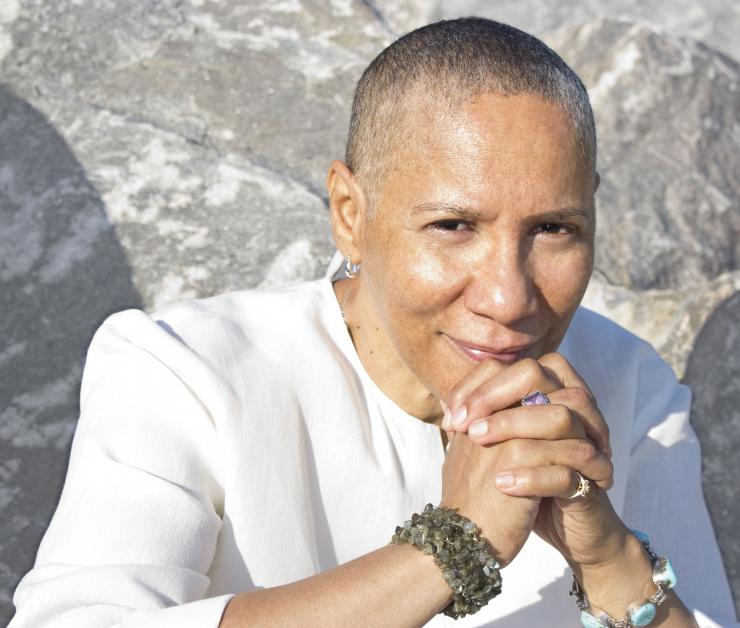
Sharon Bridgforth was one of the poets working on that project. After that evening, she invited me to take writing workshops with her and though I fought her in the process, she demanded that I was a writer. She birthed me an artist, named me before I had named myself and introduced me to an artistic family and home I could call my own. I call her my Art Pa and she is family though we are not related by blood. The poems I wrote on the back of bar napkins and scratch sheets of paper, the ones I left on my lovers’ answering machines—she called them theatre.
Sharon busted open the doors of the theatre, demanded that I step into my fullest potential and claim the stage as my rightful place, a sacred space, something ancient, ancestral, too far back for me to really remember and yet I recognized it, felt it in my own body. She created community, not as a marketing strategy or a target audience, but as something we needed in order to be able to survive as a people.
For me, being an artist is not just a career choice, but an active life practice. Theatre is not just product. Audiences are not mere consumers of said product. Its value cannot be reduced, simplified or held hostage to the language of money, business and capital. Theatre is live performance—the immediacy of breath, acts of collective witnessing, and the shared experience/interaction between and amongst diverse communities. In order to exist, it must be alive. This is true not only for what we see on stage, but for the theatre itself. The theatre is not a museum or a mausoleum. It should be vibrant, active and interactive. How do we keep the doors of the theatre wide open?
In this current moment of capitalist collapse, institutions in the United States are being forced to be self reflective, to question their importance, and to find new ways to survive. I am concerned that economic instability and financial crisis, however are being used as excuses that translate into conservative approaches to decision making, regressive cloaks in the slashing back of programs that largely impact the working class, women, people of color, queers, and artists.
As artists, we cannot afford to be safe. Not now. Not ever. We must be willing to take risks, dream big dreams and make those dreams a reality. If theatre is in fact necessary, we must work towards creating a theatre that in its very process offers cultural models for social and political interaction that reflect the world that we imagine, the world that we dream. If theatre is necessary—it must actively fight against systems that dehumanize and criminalize and it must do so by doing work that is necessary, pulled from somewhere deep inside, too far back for any of us to remember and yet we recognize it, feel it in our own bodies when we see it, when we hear it. When the sound system fails and there are no lights, we are left with the human body, breath, and voice. In this moment made bare it is all that is needed.
My body, my words, my only weapon in a war that I believe is being waged on culture, on memory, on history, on Mexicans…

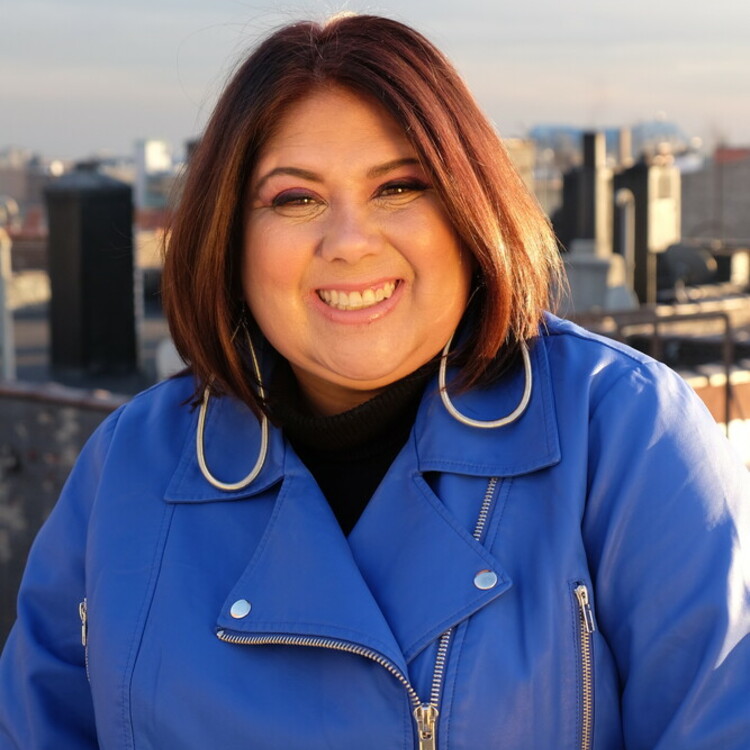
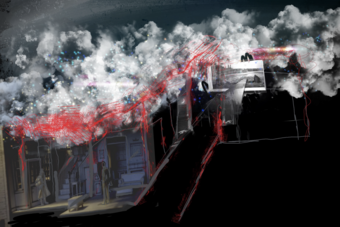


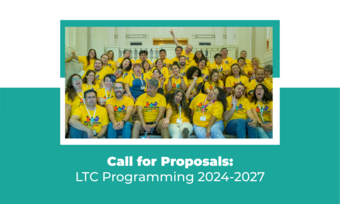

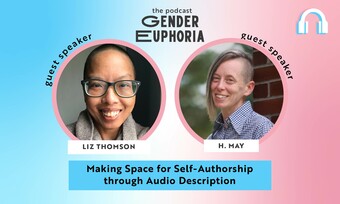



Comments
The article is just the start of the conversation—we want to know what you think about this subject, too! HowlRound is a space for knowledge-sharing, and we welcome spirited, thoughtful, and on-topic dialogue. Find our full comments policy here
Beautiful beautiful beautiful! I am currently writing a capstone on Latina playwriting, and you have captured so much of what I feel and want to say! Thank you for your words!
Eres muy fuerte mujer! Your cucharada of reflective wisdom spoke to me so profoundly rite now. Thanks for reminding me that theater IS necessary, even though is can be an elitist and expensive it does not ever have to be. Also, thanks for reminding me that our brown bodies and words likewise are a necessity to guard and share our stories on our own terms.
You continue to inspire me, Vicki! To keep on writing, working the work, and producing the art. Thank your for sharing your powerful words.
Thanks to Vicki for the generosity of heart and clarity of Vision. Thanks to Howlround for the open space. This question of "what is survival?" is right on the money (so to speak). After reading your entry, I am reminded: not (only) what allows me to eat, to put a roof over my head, to do important work, but what allows me to care. And that we need each other for this.